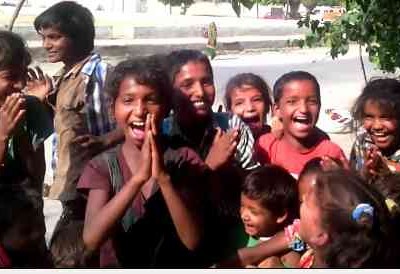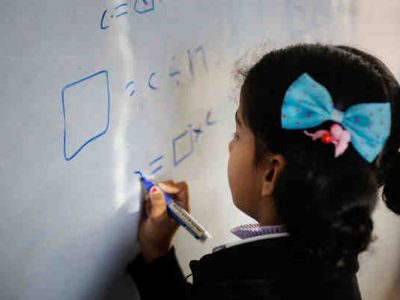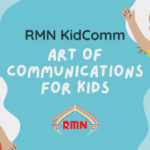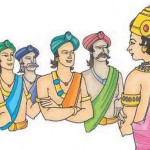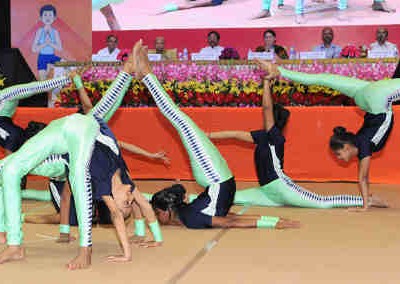
UNICEF India Campaign: Fair Start for Every Child

Caroline Den Dulk, Chief, Advocacy & Communication, UNICEF India with Sahil, Suraj & Belinda of Fair Start advocacy campaign
UNICEF India unveiled Wednesday the ‘Fair Start’ film as part of a (social) media campaign that will focus on persisting inequities that large groups of children in India face, affecting their survival, growth and development.
A series of films, according to UNICEF, will give an insight into the lives of millions of children from various backgrounds, who are full of potential but less likely to grow up healthy and safe, less likely to attend school, less likely to learn, and more likely to be married as children.
“Every child deserves a fair start in his/her life and deserves adequate nutrition, education, sanitation, protection and health care,” said Caroline Den Dulk, chief, Advocacy & Communication, UNICEF India.
[ Also Read: How India Abuses Children’s Right to Education ]
“The campaign draws attention to the lives of many children who are deprived of these basic rights, often at times determined simply by where they are born. Every child should have a fair and equal chance in life, irrespective of their caste, ethnicity, gender, poverty, region or religion.”
UNICEF works closely with the Government of India and many other partners to curb the situation of the most vulnerable and deprived children, ensuring that each child born in this vast and complex country gets the best start in life, thrives and develops to his or her full potential.
[ आइए सुने अपने प्रधान मंत्री नरेंद्र मोदी जी के मन की बात ]
Every Child deserves a #FairStart. Currently, according to UNICEF, 6.1 million children in India are out of schoo; around 10 million children are engaged in work in India; close to 3,500 children die every day before reaching age 5; 42 per cent of tribal children in India are stunted in their growth and development; and almost half the population of India, about 564 million people still practice open defecation.
Girls in India deserve an equal chance in life too, but on an average 2.22 million girls marry early every year in India, and 23% girls between 15-19 years of age experience physical or sexual violence.
[ Also Read: स्कूल बेकार, पढ़े–लिखे बेरोजगार, यह है दिल्ली सरकार ]
“Often the issues faced are immensely complex in nature and cut across all layers of society,” said Mrs. Den Dulk. “To make change happen a mind-shift is required. The #FairStart campaign aims at engaging the larger public in a debate and for everyone to see they have a role to play to make sure every child can have a fair chance in life”.
The ‘Fair Start’ films were produced with the participation of a group of children who brought their own daily reality to the film set.
[ क्या आप भी अपने बच्चों की पढ़ाई को लेकर परेशान हैं? ]
Crew:
Sahil: Camera Man – Sahil is a 14-year-old enthusiastic boy who is interested in sports and music. He is an avid cricket fan and wants to pursue cricket as his profession. He has a mother and a sister who love him. His father passed away 3 years back. He helps his uncle in laundry work. Sahil goes to an English medium school.
Suraj: Art Director – Suraj is 10 years old. He has 3 sisters and 2 brothers. His mother works very hard selling corn. He helps his mother at her work. His father is an alcoholic and fights at home. Suraj wants to become a scientist when he grows up.
Shawn: Camera Man / Director – Shawn is 15 years old. He has 6 siblings. Since his father has left home and mother keeps unwell he has taken up the responsibility to work and earn money for his home. So he goes everyday to clean gutters. He does not go to school but wants to. He is good at football. He is very helpful and caring by nature.
Belinda: Costume – Belinda is 13 years old. She goes to a municipal school. She is Shawn’s sister. She works at home after school hours. She is a very shy girl but aspires to become an office accountant when she grows up.
UNICEF works in more than 190 countries and territories to help children survive and thrive, from early childhood through adolescence. It is funded entirely by the voluntary contributions of individuals, businesses, foundations and governments.
Photo / Video courtesy: UNICEF

